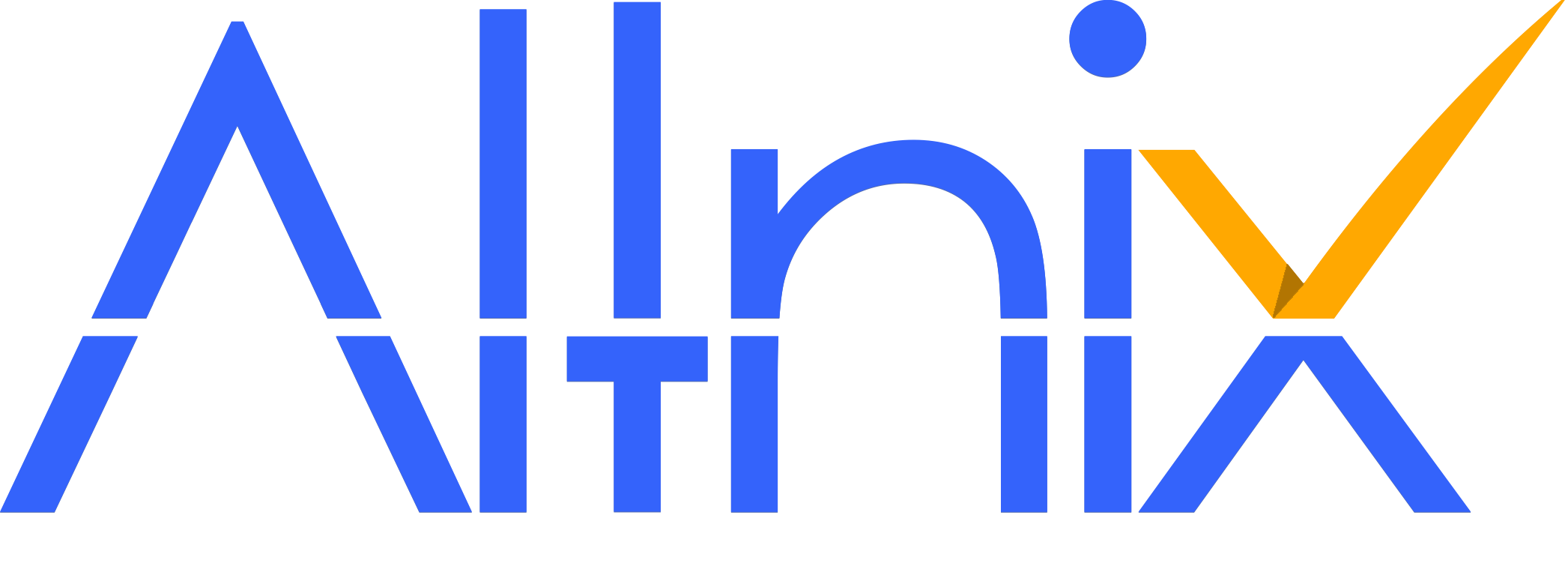Blogs
Altnix is an Official Partner for GLPi Network Edition!
Recently Altnix has officially enrolled as a partner for GLPi Network Edition. Altnix team has been working with GLPi for years providing consulting, management, and support services for multiple clients. GLPi provides the following features:
Open Source Software
GLPi is an open-source software that is well supported by an active developer community. Being open-source, GLPi is customizable and extensible. You modify features and workflows inside GLPi. You can add your own features and modules or integrate GLPi with other third-party tools.
IT Infrastructure Inventory Management
Using GLPi, you can maintain a complete inventory of computers, hardware, network devices, printers, software, and consumables. You can maintain a history of all the modifications done on the asset along with expiration dates and obsolescence dates. Further, GLPi can be integrated with auto-discovery tools such as OCS or FusionInventory.
Enterprise-Class Feature Set
GLPi is an Enterprise-class asset management software that supports high-end features such as LDAP integration, multi-user access, search feature, multi-language support, and other related features. GLPi also provides APIs to integrate with other tools as needed.
ITSM with ITIL Compliance
GLPi is compliant with the ITIL framework for Request tracking, Change Management, Incident Management, and SLA management. GLPi can be used along with other ITIL v3 compliant tools.
With this partnership, Altnix now extends our services to including official consulting, customization, and implementation services.
Altnix will also be able to provide support contracts with different types of SLAs as per customer requirements.
Please contact This email address is being protected from spambots. You need JavaScript enabled to view it. for your requirements around GLPi.
Cloud Wars - An Opportunity for Managed Service Providers
Google rolled out the next version of its Google Cloud Engine (GCE), announcing a few more building blocks and of course price reductions! So where are we going with this? My opinion:
Cloud is Commodity while Cloud Applications are Not
While GCE and Microsoft Azure are still catching up with Amazon AWS, it is clear that the battle for IaaS and PaaS has just started. Amazon used to have a monopoly but then these guys are trying to break that monopoly. If things follow expected business battle lines, it should lead to the commoditization of the Cloud. Some would argue that the Cloud is already a commodity. But applications on the cloud will never be commodity since applications are the only way any cloud business is going to differentiate themselves and compete for high-value dollars.
Hosted Applications is Easy but pure SaaS applications are Not
While transitioning to the cloud, an easy approach to code writing is to take existing software and migrate to an equivalent cloud infrastructure. The shortest path for any application vendor is to replicate his infrastructure taking advantage of the cloud while keeping the backend codebase pretty much untouched. Of course, this is not really SaaS, but it is a hosted version of your application. The end customer does not care if it is hosted application or pure SaaS since they deliver the same feature set and functionality – namely, accessing stuff I need on a browser without local resources. Pure SaaS entails a completely new design and delivery process which can be a tedious task.
Initial Setup is Easy but On-Going Management is Not
For product vendors deploying applications on the cloud, setting up applications is part of their rollout and release process. While challenges exist, most application developers have understood the process of setting up the cloud infrastructure for running their applications. However on-going day to day management is a different ball game. It requires a 24x7 support team that many companies cannot afford or don’t have the core competencies. Building a cross-bred team that understands the nuances of cloud infrastructure and at the same having in-depth knowledge about the application architecture, features, and user-facing capabilities become very expensive. Hence it is a natural option to outsource parts of the problem to a managed service provider.
I am predicting that similar to an in-house IT team that manages your entire on-premise infrastructure and provides application uptime guarantees, there will be a need for a Managed Services team that provides application uptime guarantee in the cloud. And this team will be an outsourced team, which means that Managed Service providers become a key beneficiary of the Cloud War!
